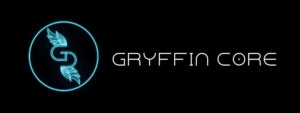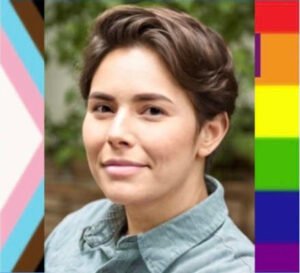Autistic Nonbinary Leadership: Binary is the Barrier
Celebrate LGBTQIA+ and Autistic Pride Month on Today’s Autistic Moment podcast episode, hosted by Philip King-Lowe and featuring guest Jax Bayne.
Tag: Podcasts
tag cloud
Activism (3) adult bullying (1) advocacy (2) Anger (1) Autism (3) Burnout (1) Charts (1) Community (3) CPTSD (1) cyberbullying (1) Developmental (1) Downloads (2) hate speech (2) Infographics (2) LGBTQIA+ (1) Mental Health (1) Podcasts (1) PTSD (1) research (1) Shadow (1) Support (2) Therapy (1) Trauma (2)

